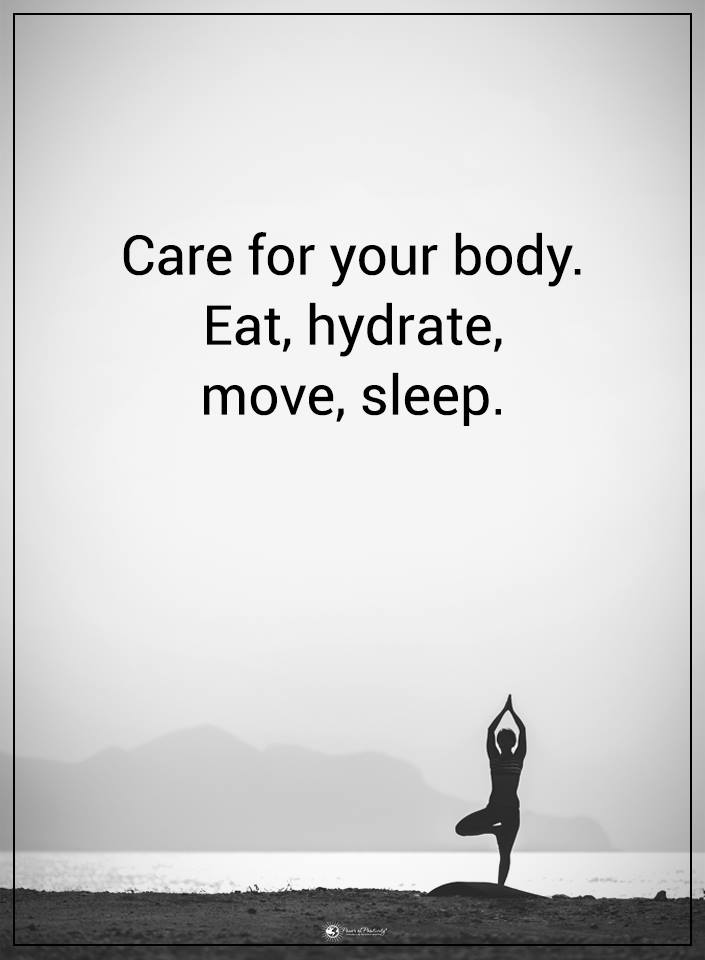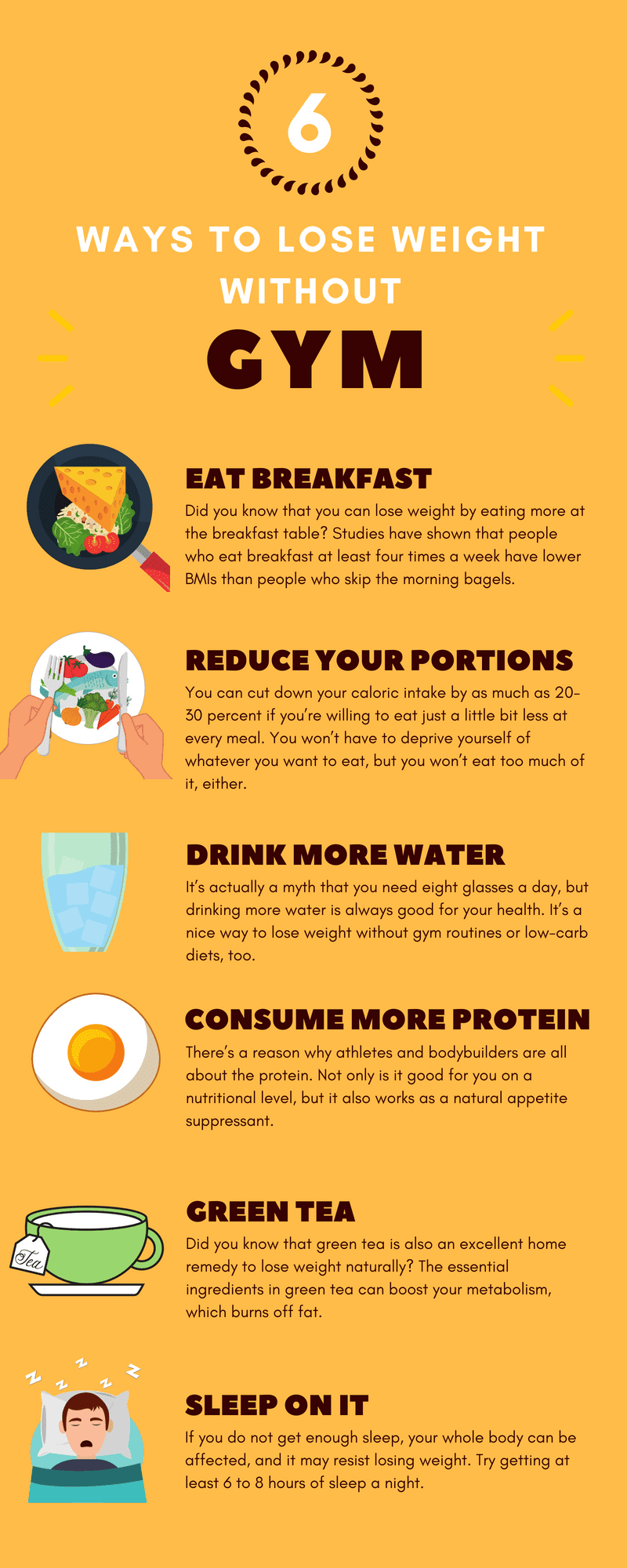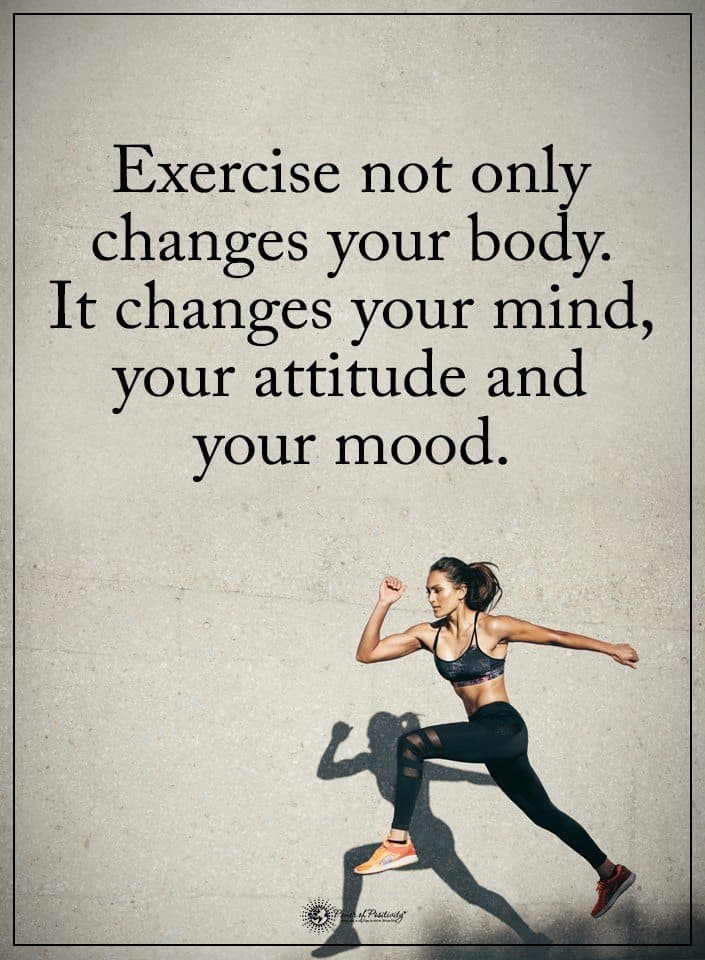If you’ve ever gone to the zoo or watched a nature program, you’ve seen the way monkeys swing from tree branch to tree branch. Oftentimes, they seem to fly through the air without ever setting foot on the ground.
This behavior can also describe a specific type of serial monogamist: “Monkey Branchers.” They often go from one relationship to the next without giving themselves time to “hit the ground.”
These types of people generally exhibit telling behaviors that set them apart. If you think your partner might be a “monkey,” look out for the following behaviors.
Here Are 5 Behaviors That Reveal Your Partner Is A Monkey Brancher
“Some people treat relationship as a video game; they play them, and when they get bored – they cheat.” – Anonymous
1. They have a long line of ex-partners
There is no “good” or “bad” number for having former relationship partners. However, you gain insight into whether someone has a problem with “monkey branching” by considering the total number of relationships (and the length of time between each one).
Serial monogamists tend to have a long line of exes, with very little time between each partner. If your partner can’t remember the last time they were single, they might tend to hop from one relationship to the next.
2. They’re constantly flirting
A part of monkey branching is flirting with other people while they’re still in a relationship. They want to feel free to swing from one branch to the next. That is to say, they want to move from one relationship directly into another.
If your partner frequently flirts with words or gestures, you might want to watch how seriously they’re flirting with other people. They may be preparing to swing from your relationship to another without giving you any other warning signs.
3. You definitely won’t be meeting their friends
Monkey branchers date so many people and change partners so quickly, they tend not to introduce their new partners to their friends. It will always be just the two of you when you hang out. If you express interest in meeting their friends, they always have an excuse for not meeting them. If you’re dating someone who doesn’t express any interest in introducing you to their friends, you want to be on the lookout for other behaviors of a monkey brancher.
4. They don’t want to meet your friends
For the most part, a monkey brancher is only interested in going from relationship to relationship. They’re always chasing the next “romantic high,” so they won’t put much effort into making the relationship long-lasting. This means you might have difficulty getting them to meet your friends. Meeting friends is a big step in many relationships, and a monkey brancher isn’t equipped to deal with serious commitments.
5. They don’t seem to have boundaries
On the first date, they’re already excited to get the relationship moving. This is because they just ended a relationship or are ready to use you as a “branch” to leave their current one. Most likely, this person may try to rush into the more severe and physical aspects of a relationship right away. Their boundaries tend to be few, and they will have trouble respecting yours.
If it feels like the beginning of your relationship moved too quickly, you’re probably dating a monkey brancher. Andrea Mathews, a licensed professional counselor, suggests that many of us have been taught guilt by overexerting our boundaries. This could be why monkey branchers have such an easy time rolling over other people’s boundaries.
6. They are evasive about past relationships
Monkey branchers usually gloss over their past relationships when asked. This is because they seldom have a healthy or long-lasting relationship that they can proudly discuss. They tend to rush from one partner to another, leaving them with no substantial relationship history to share. So, if your partner is elusive when it comes to discussing their past relationships, they could potentially be a monkey brancher.
7. Their social media profiles are filled with potential partners
A sign that your partner could be a monkey brancher is if their social media profiles are filled with potential romantic interests. They might regularly interact with these people and seem to maintain an active presence on their profiles. This constant engagement with others on social platforms can be seen as laying the groundwork for future relationships.
8. They seem uninterested in personal growth within the relationship
Monkey branchers are often not invested in the emotional depth and personal growth that a relationship can offer. They are more interested in the excitement of a new romance than in the work required to grow and mature within a relationship. They might shirk deep conversations about feelings or future plans, showing a lack of interest in understanding you on a deeper level.
9. They are always looking for something better
Monkey branchers typically have a restless spirit. They constantly compare their current situation with potential opportunities, giving the impression that they are never satisfied. They might frequently express discontent about their current relationship and daydream about an idealized version of love, often showing a lack of commitment and contentment.
10. Their relationship history features overlapping dates
One crucial sign of a monkey brancher is that they have a history of relationships that overlap. They may admit to having started a relationship before fully ending the previous one, or other clues may suggest this. If your partner’s romantic timelines don’t add up, they might be prone to monkey branching. This means they ensure they have another relationship to swing to before they let go of the current one.
Final Thoughts on the Actions of a Monkey Brancher
You don’t want to be caught in a relationship with a monkey brancher. The problem is, most people fail to recognize a term exists for people like this. Watch these signs if you notice something that seems a little off about your partner’s behavior. You will soon know if your partner tends to “swing” from one relationship to the next, often before their current relationship ends. Cutting and running is probably better if you suspect your partner is a monkey brancher!















